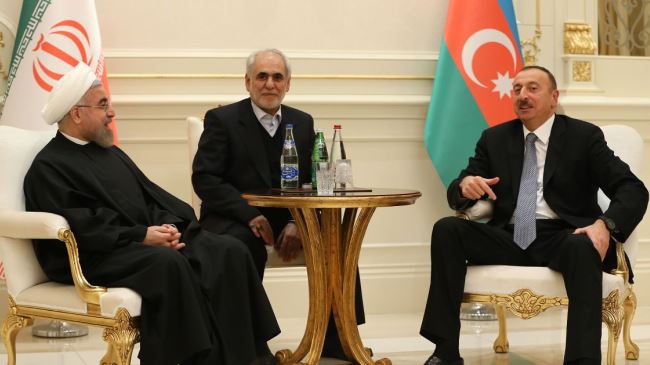
24 May 2018
Rahim Rahimov*
Iranian president Hassan Rouhani paid an official visit to Baku, Azerbaijan on March 28 to meet with his counterpart Ilham Aliyev. A couple of weeks earlier, the Azerbaijani, Georgian, Turkish and Iranian FMs had held their first quadrilateral meeting in Baku on March 15. The events witnessed signing of a range of documents including an Azerbaijani-Iranian memorandum of understanding on joint development of disputed oil/gas fields in the Caspian Sea, an agreement of financing of the Resht-Astara railway link as part of the ongoing North-South transport corridor (NSTC), and a document to support newly-initiated South-West transport corridor (SWTC), and visa simplification for Iranian citizens.
The Iranian involvement in the region has been oftentimes controversial, and in particular, hindered by disputes and mutual mistrust between Baku and Tehran. Indeed, Iran’s cooperation with and support for Armenia, which is in conflict with Azerbaijan over the Nagorno-Karabakh region, has constantly angered Azerbaijan, while growing partnership between Azerbaijan and Israel has infuriated Tehran. Yet the disputed oil and gas fields between Azerbaijan and Iran due to the unsettled Caspian Sea status has represented a deadlock and amplified the tensions in bilateral relations. Furthermore, until March 2018, Azerbaijan had refrained from simplifying visa procedure for Iranian citizens whereas Baku has simplified visa for Iran’s foes – Israel, Saudi Arabia, UAE, and others. With Hassan Rouhani ascending to the Iranian presidency, the relations between Baku and Tehran has seen a thaw. Furthermore, the easing of international sanctions on Iran following the 2015 Iranian nuclear deal paved the way for closer engagement between Tehran and the South Caucasus nations. But a controversy is that an effective Iranian engagement with the South Caucasus is impeded by the conflict between Armenia and Azerbaijan, which have shared border s with Iran unlike Georgia.
Iran’s joining the existing trilateral Azerbaijani-Georgian-Turkish format, joint transport infrastructure projects, and Azerbaijani-Iranian improvement of relations through the breakthrough on the disputed Caspian fields have implications for economic cooperation, connectivity and mobility in the region, and are going to upgrade Iranian involvement in the South Caucasus particularly in the following three perspectives.
First, Azerbaijan and Iran signed a memorandum of understanding on joint development of disputed oil/gas fields in the Caspian Sea. This represents a breakthrough to the protracted problem of disputed maritime border and related contested oil and gas fields in the Caspian Sea due to the unsettled status of the Caspian. The deal on joint development of the fields would help remove hurdles fettering the relations between Baku and Tehran, and clear the way for burgeoning of Azerbaijani-Iranian cooperation. In a longer term, the joint development of the fields would bring revenues to both nations increasing the economic power of Azerbaijan. Considering that Azerbaijan is the largest foreign investor in Georgia, the increased economic capacity of Baku means more engagement with Tbilisi. In that context, the burgeoning Azerbaijani-Iranian cooperation is positively viewed by Tbilisi. However, that is not the case for Yerevan. Potential additional revenues from the joint development of the hydrocarbon fields would raise Azerbaijan’s military budget hence compelling Yerevan to try to catch up with Baku in an arms race and consequently, overburdening the already difficult economic situation of Armenia.
Second, an agreement was signed on Azerbaijan’s financing of the Resht-Astara railway link worth of $500m. It is the Azerbaijan-Iran-Russia railway line’s missing segment, which falls under the Iranian territory. The Azerbaijan-Iran-Russia railway line is part of the NSTC that is currently under development to connect India and Southeast Asia to Russia and Northern Europe, via Azerbaijan and Iran. The railway line is expected to increase the connectivity with Iran and Russia, and contribute to Azerbaijan’s objective to become a transit hub. This serves Baku’s plans to diversify the economy and boost non-oil sector in order reduce dependence on oil revenues. It is not accidental that joint commercial projects initiated by Baku and Tehran lie along the route of the Azerbaijan-Iran-Russia railway line. It would provide a necessary transportation infrastructure for them to effectively operate. One such joint venture – a car plant in Neftchala region of Azerbaijan - was inaugurated during the Baku visit of the Iranian president.
Due to Baku’s location at the crossing point of both transcontinental NSTC and East-West (EWTC) transport corridors currently under development, Azerbaijan has gained a great opportunity to synergize the Azerbaijan–Iran- Russia railway with the just inaugurated Baku–Tbilisi–Kars (BTK) railway, which is part of the East–West “Silk Road” corridor from China to Europe. Such opportunity of synergy gave rise to the idea of the SWTC passing through Azerbaijan, Georgia, Iran and Turkey.
Third, indeed the joint declaration of the quadrilateral meeting supported development of the SWTC. This is to be developed by integrating the EWTC and NSTC on the territory of Azerbaijan. It is to connect Iran’s Bandar Abbas and Chabahar ports on the Persian Gulf to Georgian ports on the Black Sea via a direct railway line. The proposed SWTC is to raise the transit profiles of Azerbaijan and Georgia. Furthermore, this railway line could contribute to passenger transportation contributing to connectivity and people’s mobility in the wider South Caucasus region. Therefore, the SWTC is also beneficial for growing travel industry in the South Caucasus, where Iranian tourists play a considerable role. During the visit, Iranian FM Zarif pushed for at least visa simplification, if not waiver, by Azerbaijan. As a result, Azerbaijan simplified visa procedure for Iranian citizens to issue visa upon arrival at airports. Iranian tourists often prefer to travel to the South Caucasus nations in a single trip. So, the simplified visa procedure is to encourage more Iranian tourists not only to Azerbaijan but also Georgia and even Armenia.
The BTK railway passing through Azerbaijan, Georgia and Turkey, the ongoing North-South and newly initiated South-West transport infrastructures make proposed transport corridors through Armenia absolutely meaningless and ultimately smashes Yerevan’s efforts to ease its blockade. Although Tehran and Moscow had promised to develop an Armenian-Iranian railway line to connect the Persian Gulf to the Black Sea and Russia as part of the NSTC, they eventually chose the Azerbaijani route.
The Azerbaijani-Iranian cooperation in various formats shapes a regional multilateral context for advancement of ties between Baku and Tehran. Baku has stated that it pursues a continued policy of isolation of Armenia in its quest for bringing Yerevan into a peace, and relinquishing the occupied territories. But Iran provides a vital line for Armenia. Therefore, the improving Azerbaijani-Iranian relations and joint projects would rather indirectly than directly serve to further cement economic isolation of Armenia.
In order to counter further rapprochement and cooperation between Baku and Tehran, Yerevan needs to offer something to Iran. But Armenia has very little, if at all, to offer. That said, Iran’s growing cooperation and relatively warming relations with Azerbaijan don’t mean that Tehran would abandon Yerevan. And that is a good news for Armenia. But what is a bad news for her is that the burgeoning Azerbaijani-Iranian relations in various spheres would necessarily contribute to Azerbaijan’s economic might. That is happening in a background, where Armenia is experiencing continued serious economic hardships and growing isolation while Azerbaijan and Georgia are benefitting from the partnership and therefore, are set to keep it up. So, Iran’s involvement in the South Caucasus can’t be assessed as homogenous, but in overall it is going to upgrade in the region.
* Rahim Rahimov is an independent political analyst focusing on Russia, Caucasus, and post-soviet nations with an interest in economic and political integration projects, conflicts, and foreign policies. He has written for the Eurasia Daily Monitor of the Jamestown Foundation, the Russia File of the Kennan Institute, CACI Analyst, etc. He holds an MA in International Relations from Hult International Business School in London, UK and a BA from Baku State University, Azerbaijan.
© 2009-2025 Avrasya İncelemeleri Merkezi (AVİM) Tüm Hakları Saklıdır
Henüz Yorum Yapılmamış.
-
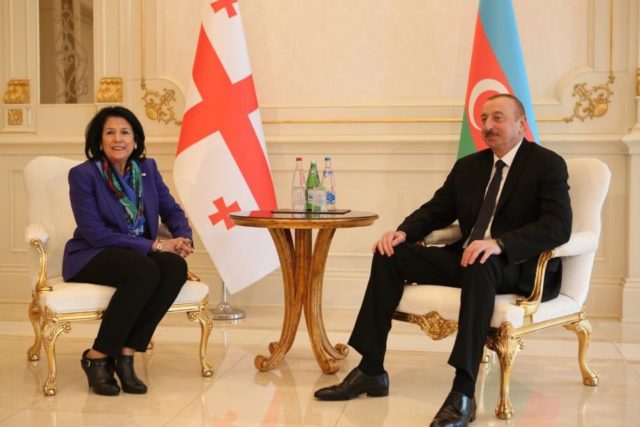 AZERBAIJAN GEORGIA PARTNERSHIP: WHAT NEXT? - JAMESTOWN FOUNDATION- 08.07.2019
AZERBAIJAN GEORGIA PARTNERSHIP: WHAT NEXT? - JAMESTOWN FOUNDATION- 08.07.2019
Rahim RAHIMOV 09.07.2019 -
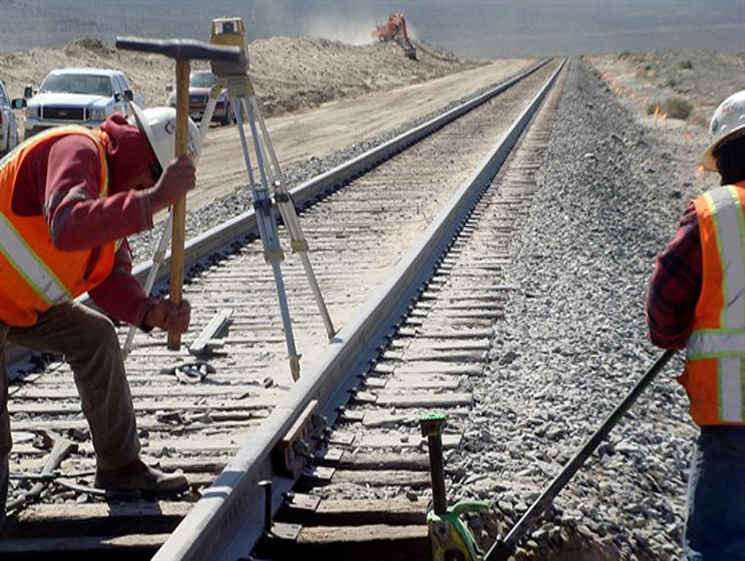 KUZEY-GÜNEY ULAŞIM KORİDORU: RUSYA KAZANDI, ERMENİSTAN KAYBETTİ - EURASIA DAILY MONITOR - 09.11.2017
KUZEY-GÜNEY ULAŞIM KORİDORU: RUSYA KAZANDI, ERMENİSTAN KAYBETTİ - EURASIA DAILY MONITOR - 09.11.2017
Rahim RAHIMOV 23.11.2017 -
 IRAN UPGRADES ENGAGEMENT IN SOUTH CAUCASUS- 24.05.2018
IRAN UPGRADES ENGAGEMENT IN SOUTH CAUCASUS- 24.05.2018
Rahim RAHIMOV 25.05.2018 -
 NORTH–SOUTH TRANSPORT CORRIDOR: RUSSIA WINS, ARMENIA LOSES - EURASIA DAILY MONITOR - 09.11.2017
NORTH–SOUTH TRANSPORT CORRIDOR: RUSSIA WINS, ARMENIA LOSES - EURASIA DAILY MONITOR - 09.11.2017
Rahim RAHIMOV 14.11.2017
-
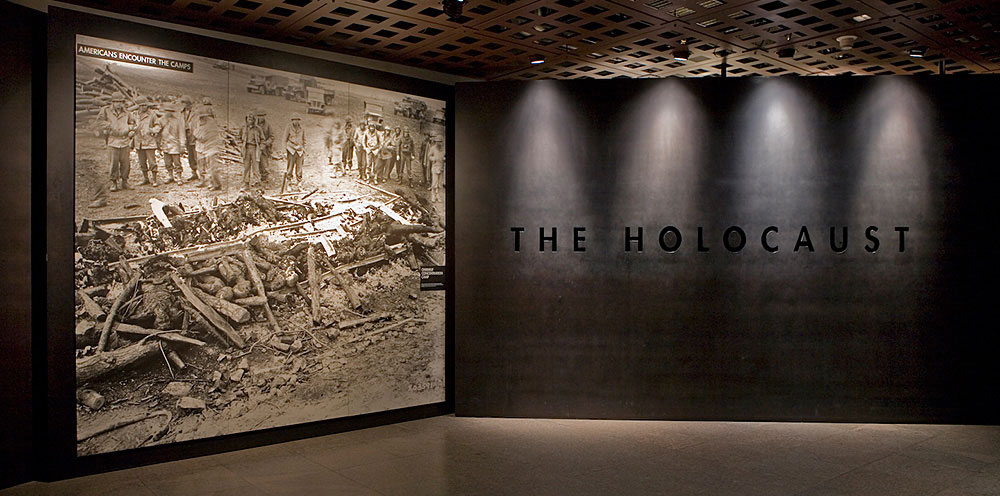 STATEMENT REGARDING THE MUSEUM’S POSITION ON HOLOCAUST ANALOGIES – UNITED STATES HOLOCAUST MEMORIAL MUSEUM – 24.06.2019
STATEMENT REGARDING THE MUSEUM’S POSITION ON HOLOCAUST ANALOGIES – UNITED STATES HOLOCAUST MEMORIAL MUSEUM – 24.06.2019
United States Holocaust Memorial Museum 09.07.2019 -
 BULGARIA: AN UNLIKELY PERSONALITY CULT - NEW EASTERN EUROPE - 07.09.2018
BULGARIA: AN UNLIKELY PERSONALITY CULT - NEW EASTERN EUROPE - 07.09.2018
Tomasz Kamusella 10.09.2018 -
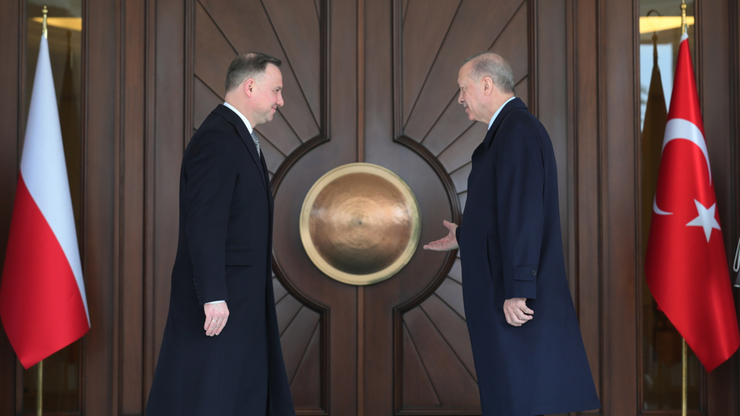 TÜRKİYE AND POLAND - A GEOPOLITICAL COMEBACK? - 17.10.2022
TÜRKİYE AND POLAND - A GEOPOLITICAL COMEBACK? - 17.10.2022
Jakub KOREJBA 17.10.2022 -
AB'NİN ÇİFTE STANDARDI
Ata ATUN 07.10.2014 -
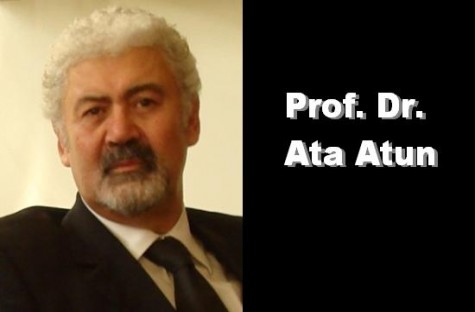 GÜNEY KIBRIS’IN ÇARPIK İLİŞKİLERİ - HABERİNİZ.COM.TR - 25.08.2018
GÜNEY KIBRIS’IN ÇARPIK İLİŞKİLERİ - HABERİNİZ.COM.TR - 25.08.2018
Ata ATUN 05.09.2018


